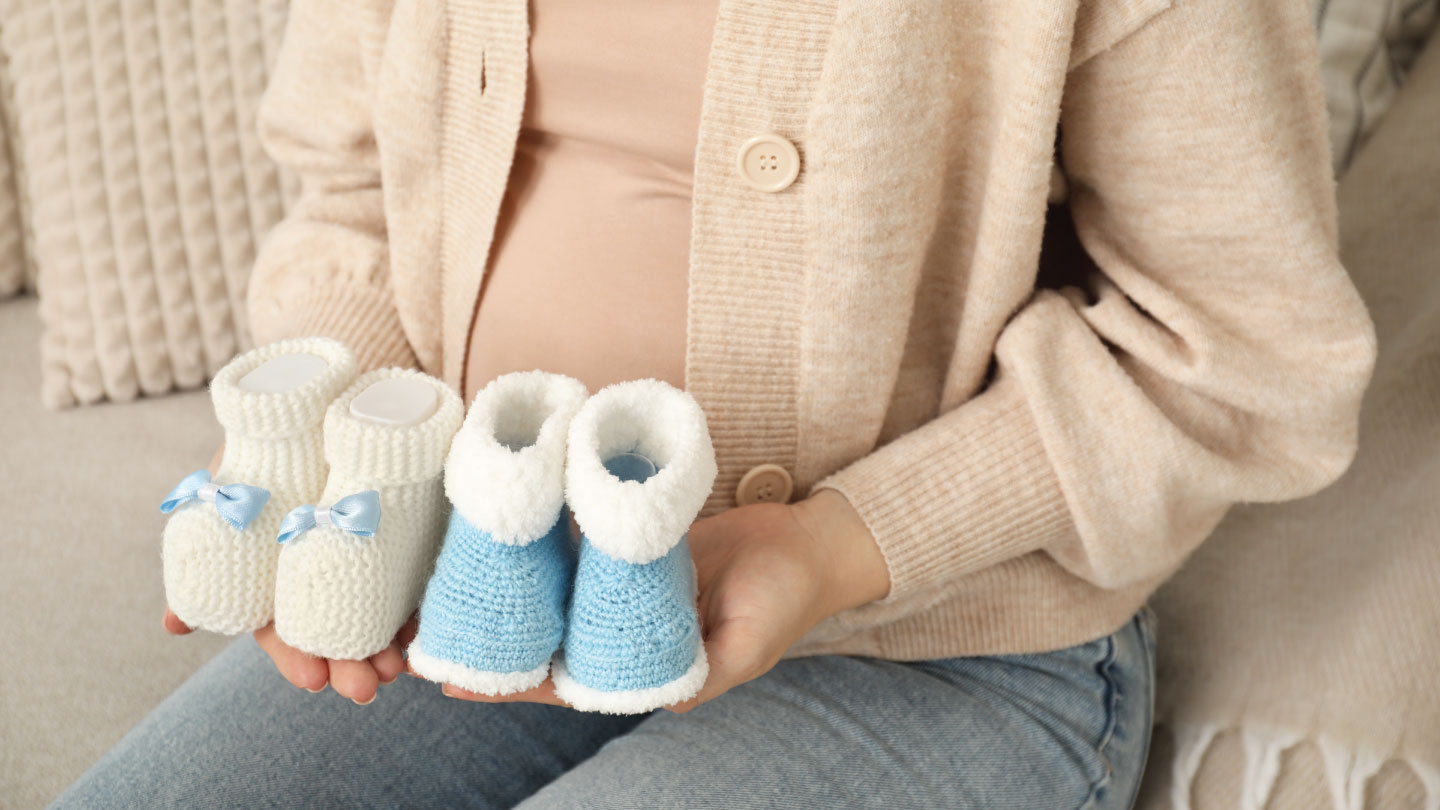Parenting
Expecting Twins? Here’s Your Smart Checklist for a Healthy Pregnancy
From nutrition to physical activity, here’s a checklist for often-missed precautions.

1. Eat smart, not more (quality over quantity)
When you’re expecting two, your body’s needs increase. According to the guidelines from Brigham and Women’s Hospital, US, women carrying twins need roughly 600 extra kilocalories per day compared to singleton pregnancies.
What to focus on:
- Include protein-rich foods like dals, paneer, eggs (if non-vegetarian), legumes, and tofu.
- Eat small, frequent meals, as the babies grow, acidity, bloating, and early fullness are common. Five to six light meals work better than three heavy ones.
- Add whole grains, millets, seasonal fruits, and plenty of vegetables.
- Stay hydrated: sip water throughout the day, add coconut water, buttermilk, or fresh, unsweetened juices, especially in Indian summers.
- Speak to your doctor about protein and multivitamin supplements, as twin pregnancies need extra iron, calcium, folate, and vitamin D.
- Try natural remedies for gas and bloating, such as ajwain water, fennel tea, or light walks post-meals (if approved by your doctor).
- Ensure adequate iron and folic acid, as twin pregnancies carry a higher anaemia risk.
Myth-buster: ‘Eating for two’ means eating double the quantity.
Reality: You don’t need three full adult meals for two babies; instead, you need nutrient‐dense meals, mindful portions spread over the day. Overeating low-quality calories can lead to excessive weight gain and gestational diabetes, which carry higher risks in twin pregnancies.
Related Story: How to Eat Right During Pregnancy
2. Prioritise frequent antenatal check-ups and specialist scans
Twin pregnancies are considered higher‐risk and require more vigilant monitoring. For example, the National Institute for Health and Care Excellence (NICE) guidelines specify more antenatal visits and specialist assessment depending on chorionicity (whether the twins share a placenta). Choose a hospital or clinic with a good neonatal intensive care unit (NICU) and maternal-fetal medicine support, since twin births have a higher likelihood of pre-term delivery.
Myth-buster: ‘Twins only need regular single-baby check-ups.’
Reality: Twin pregnancies often need extra ultrasounds (every 2–4 weeks after a certain gestation) and specialised monitoring (for growth discordance, amniotic fluid differences, early labour signs), which standard schedules may not cover.
3. Listen to your body: rest, and light movement both matter
With two babies, you’ll often feel more fatigued, may have a larger bump earlier, and might experience more discomfort. According to the Cleveland Clinic, frequent prenatal visits help detect problems like intrauterine growth restriction or pre-eclampsia, which are more common in twin pregnancies.
Tips:
- Always follow your doctor’s advice on what kind of movement is safe and what’s not. Every twin pregnancy is unique.
- Incorporate gentle prenatal yoga or walking, tailored to your comfort level.
- Avoid over-strenuous workouts: heavy lifting and high-impact aerobic exercises.
- Allow for rest periods during the day, especially if your job or home routine is physically demanding.
Myth-buster: ‘If I move too little, I’m lazy and harming my babies.’
Reality: With twins, your body works extra hard. Gentle, safe movement is beneficial, but rest is equally important, especially if advised by your doctor. Full bed rest, however, is not routinely recommended.
Related Story: Energising Prenatal Yoga Flow for the Second and Third Trimester
4. Monitor signs of pre-term labour early
Twin pregnancies have a notably higher chance of delivering before 37 weeks. The NICE guideline states that spontaneous birth before 37+0 weeks occurs in about 60 per cent of the twin pregnancies.
What to watch for:
- Regular cramps or tightening of the abdomen.
- Clear or foamy fluid trickle (rupture of membranes).
- Sudden increase in pelvic pressure or backache.
- Changes in fetal movements (though in twins, this can be trickier to interpret).
Myth-buster: ‘Since I’m feeling perfectly fine, the babies will automatically reach full term.’
Reality: With twins, full-term often means 37 weeks (or sometimes earlier). Extra vigilance is needed even if you feel well; hence, regular scans and timely action matter.
Related Story: Tips For Parenting Twins
5. Mind your mental-emotional well-being and support system
Twin pregnancies can bring extra anxiety, concerns about complications, pre-term delivery, NICU stay, higher cost, etc. The NICE guideline emphasises that emotional support and counselling should form part of care for twin pregnancies.
- Share your news and your plans with close family/friends; have a backup plan for help at home (especially with elder children or other dependents).
- Consider brief relaxing activities (prenatal meditation, listening to music, gentle breathing exercises). Sign up for our special 2-week meditation program here.
- Don’t hesitate to seek professional support if you feel overwhelmed or anxious.
Myth-buster: ‘I should only worry about physical health; emotional health will sort itself out later.’
Reality: Emotional stress can impact sleep, appetite, blood pressure, and even pre-term labour risk. Twin-pregnancy care must include the mind as well.
Carrying twins is a beautiful, exciting journey, but it comes with extra care. Since nutrition takes centre-stage in a twin pregnancy, it’s highly recommended to consult a dietitian experienced with twin/multiple pregnancies. Get a personalised diet plan created by experienced nutritionists to help you reach your health goals and make smarter food choices every day.
EXPLORE MORE
We’re told to encourage our kids, but could “amazing!” and “perfect!” actually fuel self-doubt? And is there a better alternative to encourage children?
Easy-to-follow breathing routines designed to support calmness, better concentration, and emotional balance in your kids.
You don’t need a fancy setup or expensive toys to boost your child’s brainpower. Here’s how Montessori-inspired home activities can foster focus, memory, and problem-solving skills.
Here’s how to help your kids and yourself ease back into calmer routines without losing your sanity.






.jpg)

